Everyone in Europe knows the clock is ticking. By June 30, 2026, EU-listed companies — several thousand in total*, from global giants to far less familiar names — will be held to more than rhetoric. Under the Gender Balance on Corporate Boards Directive, 40% of non-executive seats or a third of all board seats must be held by women. Some are close. Many aren’t. And EU regulators will be counting women, not promissory notes.
So you’d think companies would be talking loudly and proudly about diversity. Yet just as the mandate looms larger, the language around equity and inclusion seems to be slipping into the shadows. Bloomberg reports that companies in the Stoxx Europe 600 — roughly Europe’s equivalent of the S&P 500, home to household names like Nestlé, Siemens, and L’Oréal — mentioned “diversity and inclusion” only twice on earnings calls in early 2025, compared with more than 70 times in 2021. Two. Out of 600 companies. If that isn’t vanishing in plain sight, I don’t know what is.
So why the silence in Europe exactly when mandates are about to take effect? Part of it is political crossfire. Everyone’s watching the U.S., where DEI has become a battleground, and no one in Europe wants to import that conflict. European companies with U.S. exposure in particular are choosing their words carefully.
The Financial Times calls this “reframing, not retreating” which sums it up well. What used to be “inclusion” now shows up under different banners: “culture,” “people,” “belonging,” “leadership.” Think magician’s trick: the rabbit’s still there, but now it’s under a curtain and rebranded as a “long-eared growth asset.”
And here’s the real tension: the EU is turning up the volume while companies are turning it down. Regulators are mandating quotas, enforcing disclosure rules, and setting timelines. That makes Europe a fascinating study in contradictions: legal frameworks getting stronger, corporate language getting softer.

That makes Europe a fascinating study in contradictions: legal frameworks getting stronger, corporate language getting softer."
So which story wins? The quiet rebrand, or the legal reality? If companies really are embedding equity into governance, maybe the labels don’t matter. But if the words are disappearing because the commitment is thinning, that’s another problem entirely.
Because at the end of the day, you can rename DEI “inclusive growth” or “people strategy” or “corporate harmony” all you like, but when 2026 rolls around, regulators will be counting women in board seats, not euphemisms. Brussels doesn’t hand out gold stars for vocabulary.
Perhaps the disappearing act tells us something about how comfortable — or not — companies are with owning the conversation on gender equity. And that discomfort matters, because if boards can’t say it out loud, can they really deliver it in practice?
If you want to be part of that conversation about how to move from whispers to results, join us at the next Global Board Ready Women Conference. We’ll be talking about equity, allyship, and leadership in an age of disruption, because progress starts with saying it out loud.

*Each EU member state is responsible for identifying which of its listed companies fall under the Gender Balance on Corporate Boards Directive and for reporting annually on progress. Taken together, this amounts to several thousand companies across the EU.










